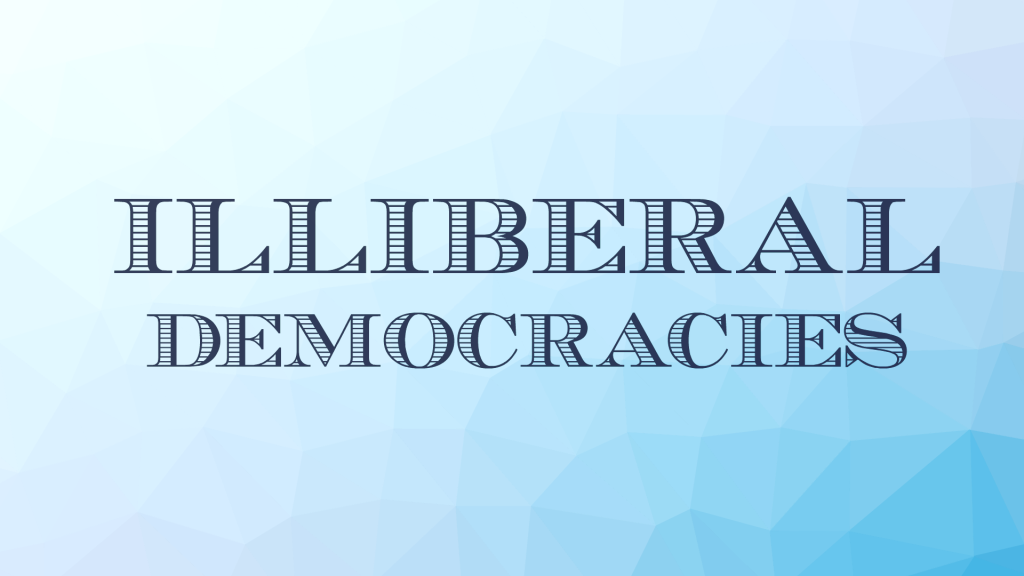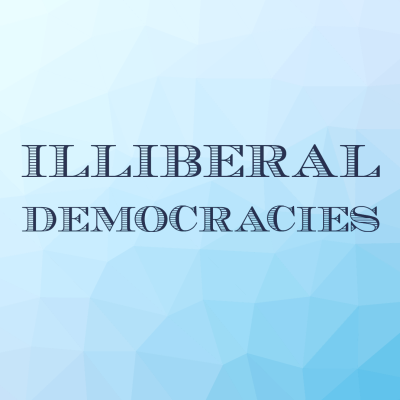
The Eurozone Crisis and EU’s “Sins of Illiberalism”
We are witnessing the EU’s declining normative influence in three levels: inner circle of membership, middle circle of prospective members and outer circle of neighbourhood, and is expressed in the primacy of hard core economics, the weaker promotion of democracy, the inefficient political conditionality and the gradual realisation that illiberalism is becoming a threatening part of several national competitive politics.



